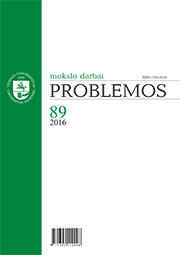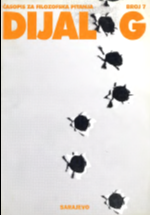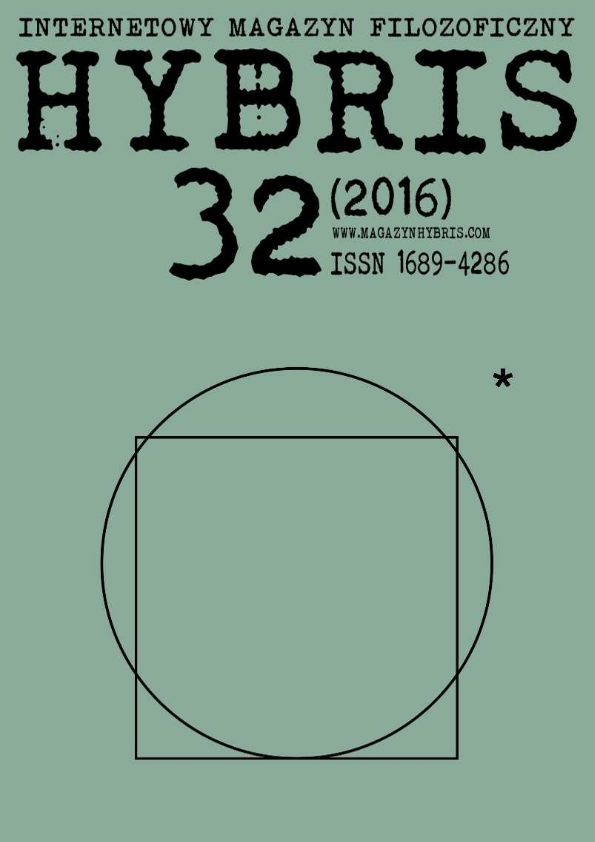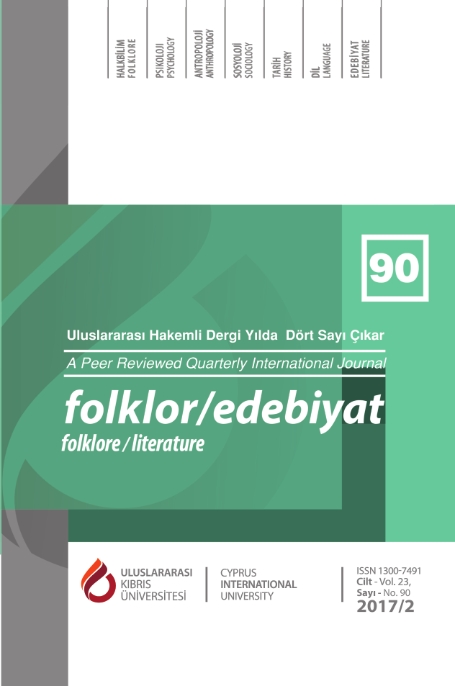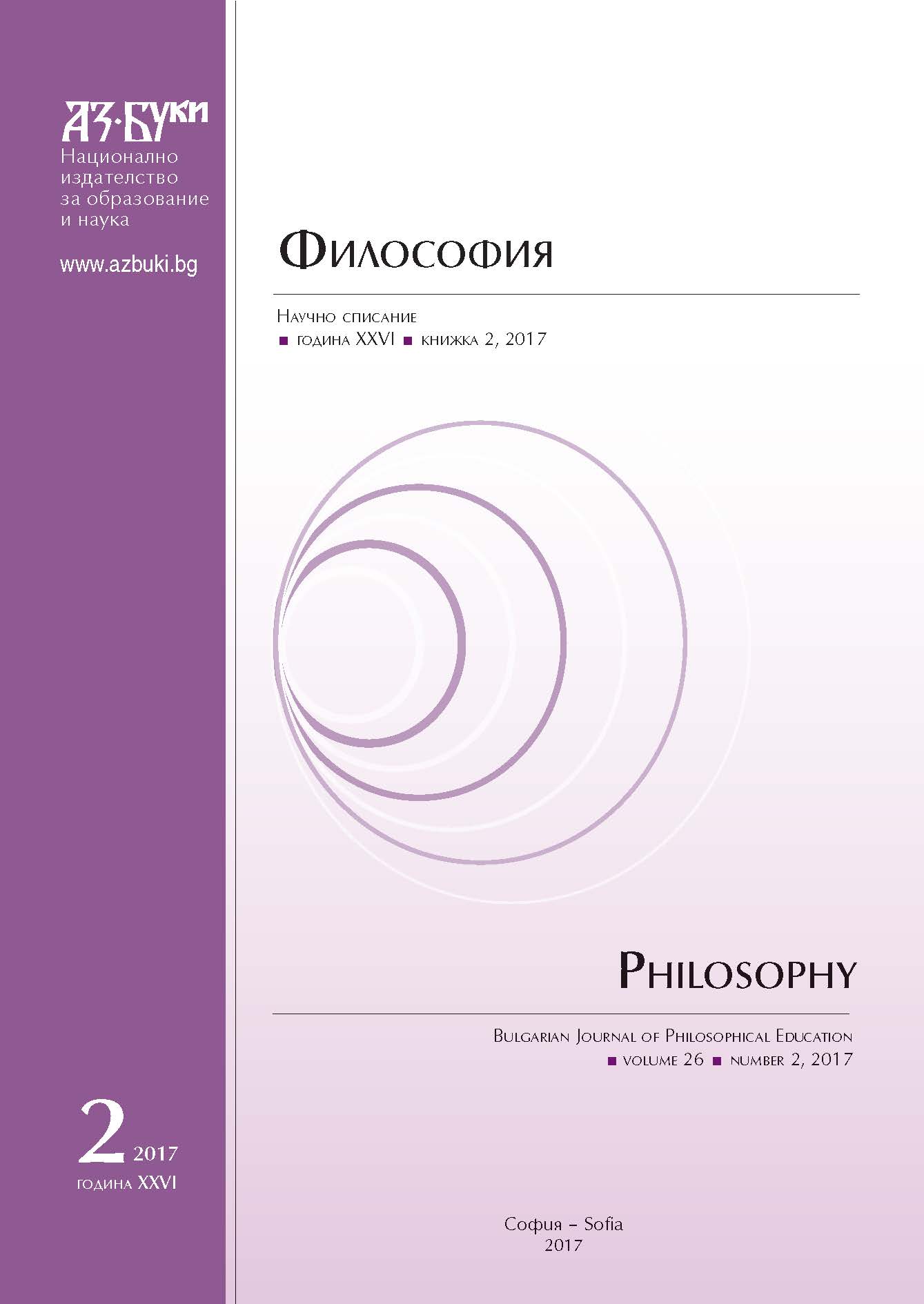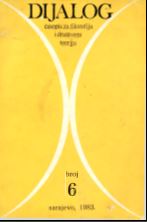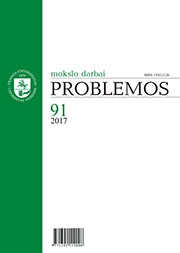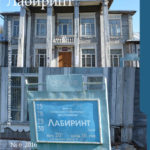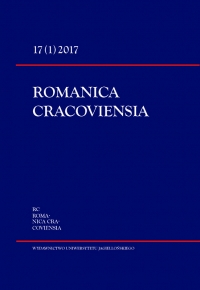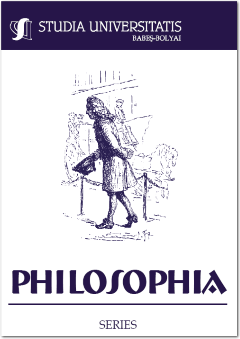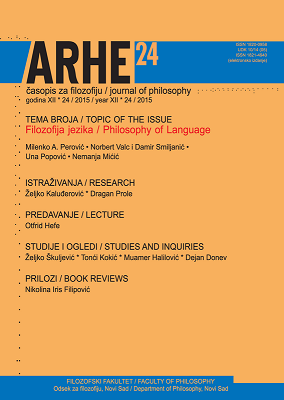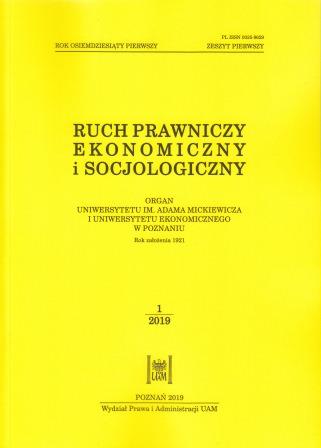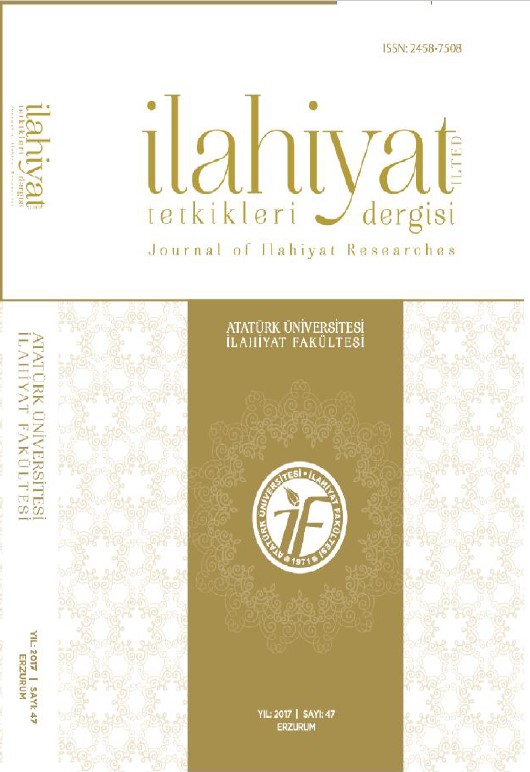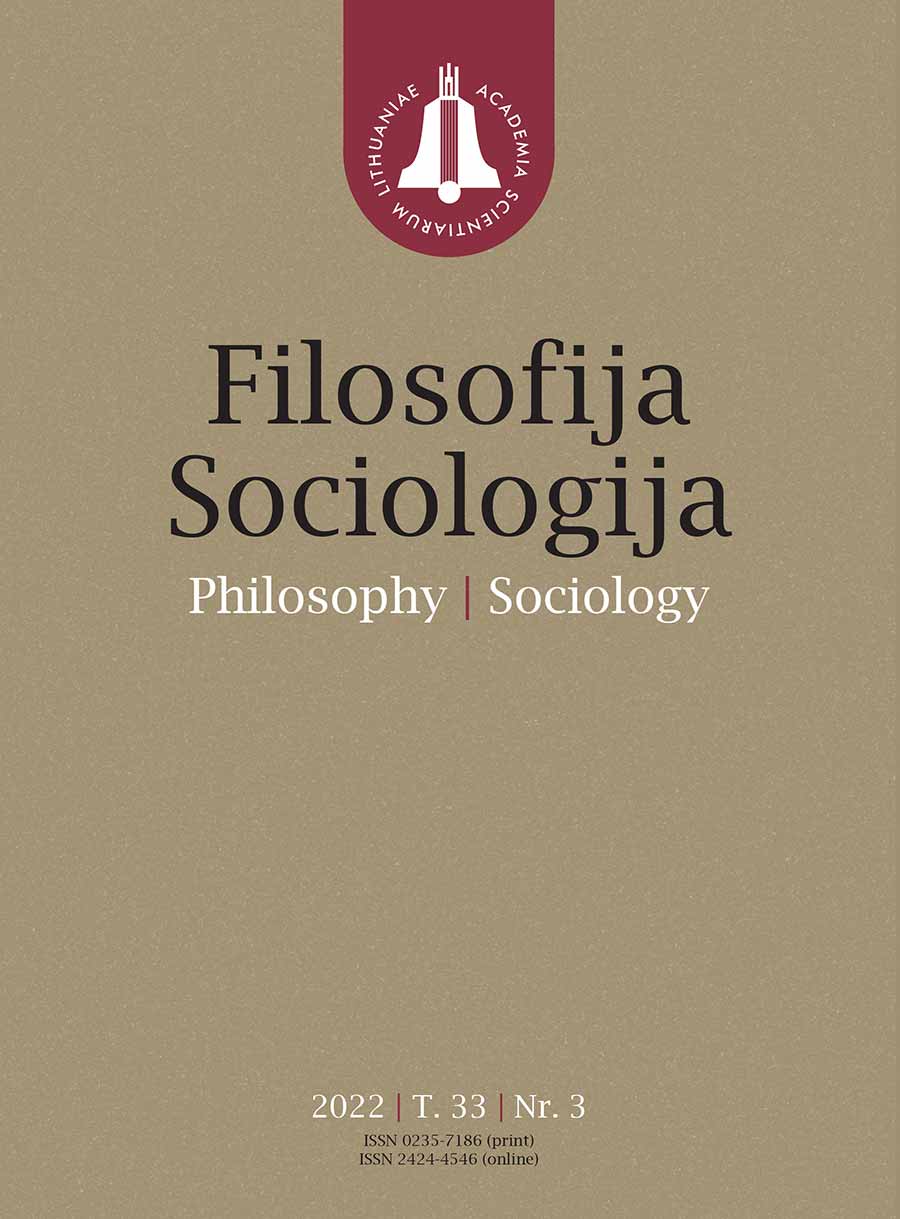Author(s): Olena Aphonina / Language(s): Ukrainian
Issue: 2/2015
The article considers the features of the code in the culture and the "double coding" in art. Based on analysis of the codes of culture and "double coding" in the art in the context of semiotics, structuralism, post-structuralism and cultural hermeneutics defined research methodology. It is an attempt to systematize the individual characteristics of "double coding" in art. Particular attention is paid to "the code in the culture", which is seen as a sign or a system of signs with a double nature. The ratio of the sign and the code in the context of semiotics and structuralism is developed by the founder of pragmatism, Charles Sanders Peirce, the American philosopher, logician, semiotician, mathematician and scientist, classifying marks for a three stage system (sign-icons, mark index, sign, symbol) and the basic properties of signs – informative. The code itself is characterized by a double relation to the object that it represents. Communication marks the object is a prerequisite for the existence of the mark. Since the mark means that an object is the act of determining the essence of their relationship. For Peirce the "object" is the "sign of the object," this is the ambivalent attitude to the sign at all. The issue of "double coding" appears in the analysis of issues of postmodern art and related to the specific works of art that appear in this period of Transavantgarde and postmodernism. Although the origins of the study of the phenomenon of culture and art can be found at the beginning of semiotics and aesthetics as a general linguistics. The concept of "double coding" for circulation in the culture enters the American architect and critic Charles Jencks. In the article "The rise of postmodernism architecture" (1975), he writes that "double coding" is a simultaneous appeal as to the masses, and professionals ". In 1996, the critic formulated the thirteen principles of postmodern architecture, but we focus on the common points for different kinds of art that reflect the essence of "double coding". So, first of all, postmodernism and "double coding" serve as a characteristic of a particular way of perception of the world, a certain mentality, attitude and formation evaluation. Experience in postmodernist texts emerged from the cultural codes, which include artistic styles, traditions and formulas, rhythmic patterns, musical intonations. This eclectic mix of artistic creativity in the French theorist Jean Lipovetsky is defined as the main feature of postmodernism and the "double coding" in relation to the past and present, tradition and innovation, modernity and postmodernity. The cultural code and the problem of "double coding" are interpretive model of culture Frederic Jameson, in which the story in general, and the text in the story are kinds of textcentrism as a sequence of characters codes. In developing this concept F. Jamison examines the various texts of culture: architecture, beautiful, cinematic. Code-story activates and updates the text in the system of art culture, moreover, it is also the key to the interpretation and decoding. In the interpretation of F. Jameson, the attitude to the past takes on the value of parody, which he calls "pastiche" (the word invented Adorno) which includes imitation (mimicry) of another style. Pastiche, as a parody, maintains the distance to the artistic technique or style that you want. In contrast to the parody, according to F. Jameson, pastiche is a neutral practice of mimicry, without the satirical impulse and laughter. American researcher believes that the non-historical movies can be interpreted as a pastiche. Another mechanism of establishing the foundations of a "double coding" is "intertextuality" as a strategy in relation to the past cultural heritage and cultural codes. It creates conditions for the existence in the postmodern art of the phenomenon of "double coding" that support the concept "polyphonic novel" Bakhtin, mosaics of quotations and intertextuality Yu. Kristeva, the synthesis of cultural codes R. Barth. Receptions of intertextuality illuminate a new attitude to the problem of tradition and innovation, showing her ambivalence and ambiguity hidden meanings. In intertextuality the poetic and artistic languages undergo a double reading. As a result, semiotic, structuralist, and the method of analysis poststructuralist cultural scientific hermeneutics can identify the main approaches to the study of the "code" of culture and "double coding" in the art:
1. From the standpoint of semiotics "code in culture" is seen as a sign or a system of signs with a bright example of the language. Furthermore, the code-sign can be a model for consideration of varieties of sign systems – mythology, the Bible, graphic symbols, musical scores, choreography, visual art, signs, fashion and etc.
2. Poststructuralist and structuralist analysis allows to reveal the concept of "cultural code" through the dual nature of structural relations (oppositions), the opposition, the sign (language) expression meaning.
More...
